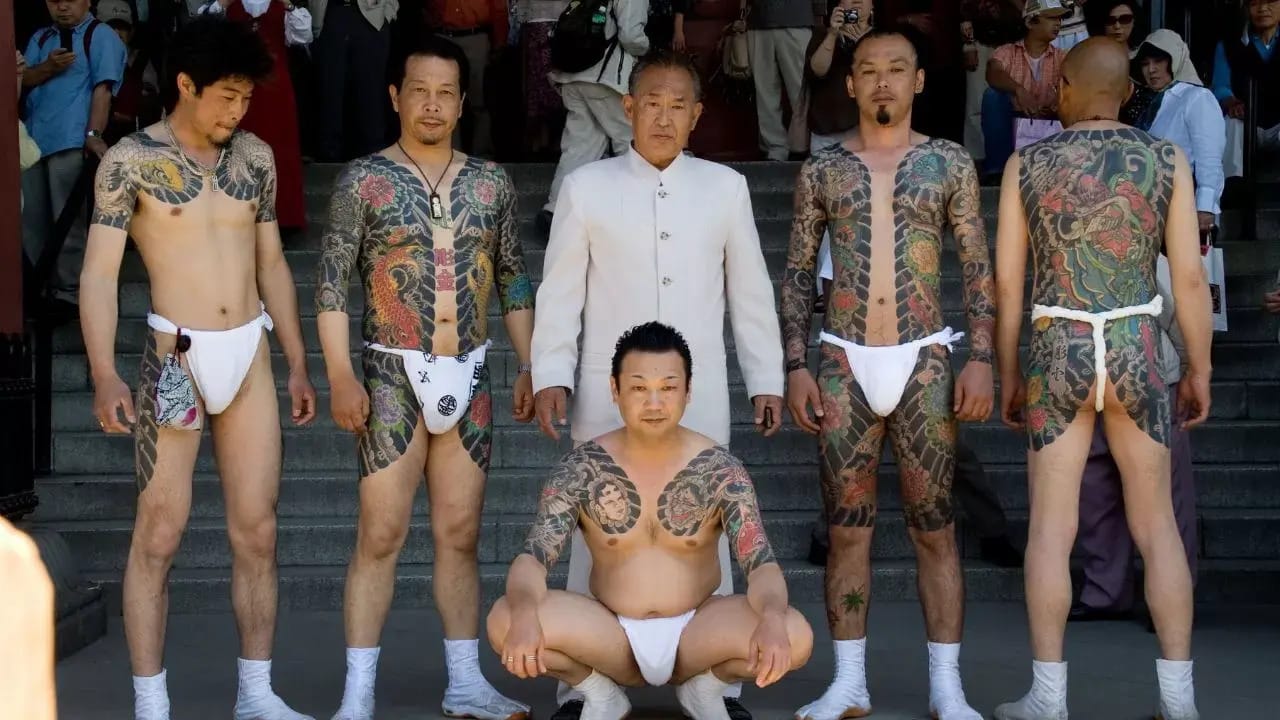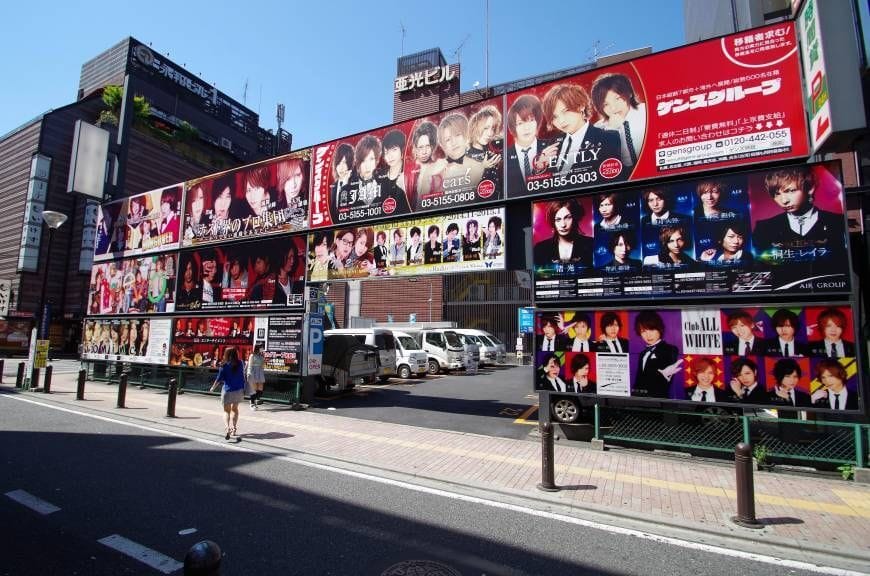- Japanetic
- Posts
- Japan's criminal underworld has a new face
Japan's criminal underworld has a new face
Yakuzas are being replaced.
The Yakuza used to run everything.
In the 1960s, they had over 180,000 members. A parallel system. A shadow government almost. Now? They're down to under 19,000.
Not dead. But close.
But organized crime didn’t disappear.
And as Yakuza’s numbers dropped, something else took their place. Something younger. Quieter. Harder to track.
The slow collapse of the old system

The Yakuza didn’t vanish overnight. The state made it impossible to operate in the open. In 1992, Japan passed the Anti-Boryokudan Act. That started it. Then came the exclusion ordinances: no phone plans, no apartments, no bank accounts allowed for Yakuza members.
Combine that with aging members and a business model that no longer works? You get a steep decline.
They're not feared anymore. They’re relics.
What replaced them: Tokuryū gangs
The new crime groups aren’t groups at all. No hierarchy. No rituals. No names you can track.
Sometimes, they just form for one job and dissolve.
They talk through Signal. They recruit through Instagram. In 2024 alone, 5,203 arrests were tied to these anonymous gangs. Most of them for fraud.
It’s Uber for crime.

“Dark part-time jobs” are the entry point
The term yami baito (yami = dark, baito = part-time job) is now mainstream.
Here’s how it works:
You’re broke. You see a job ad: ¥50,000 a day to deliver packages or help the elderly. Looks legit. Some ads even run on real platforms like Timee.
You apply. They ask for a photo ID, a selfie, maybe your parents' contact info. You don’t think much of it.
Then they tell you to pick up a package. You try to back out. That’s when the threats start. Your ID gets posted online. They message your family.
Now you’re in. Whether you know it or not.
The work isn’t always what it seems
Most people think it's petty fraud.
But it ranges from data scams to full-blown violence.
You’ve got fake surveys collecting personal info.
People lending their bank accounts to move stolen money.
Couriers moving cash, drugs, or both.
Kids making scam calls to trick old people out of their savings.
Then it gets darker.
Robbery. Break-ins. Cash card theft. Forged IDs. Assault. Murder.
In the recent Nasu case, a body was dismembered by teens doing yami baito. In the Ginza heist of 2023, armed robbers stole ¥300 million in jewelry.
And still: 75% of arrests involve low-level operatives. Only 2% touch the top.
Who’s getting caught?
Mostly young people. Almost 70% of fraud suspects in 2023 were under 30.
Many are students. Some are foreign nationals who don’t speak the language well. Others are unemployed or deep in debt.
In one 2021 survey, more than half of young offenders said they'd rather make easy money than work hard.
Lazy and cornered.
The government’s playing catch-up
Authorities are trying. Sort of.
They’ve started cracking down on job ads. Platforms now screen listings and verify IDs. Some police units want permission to infiltrate groups using fake identities. Others are partnering with Europol and INTERPOL.
But the system can’t keep up with the pace of recruitment.

This isn’t just a crime story
This is what happens when society breaks down quietly.
Wages stagnate. Debt piles up. Students can’t see a future, and criminals offer one.
The Yakuza ran on loyalty and legacy. These new networks run on speed and need.
And unless something changes, they’ll keep growing. Because the pool of people desperate enough to take the job? Still very full.